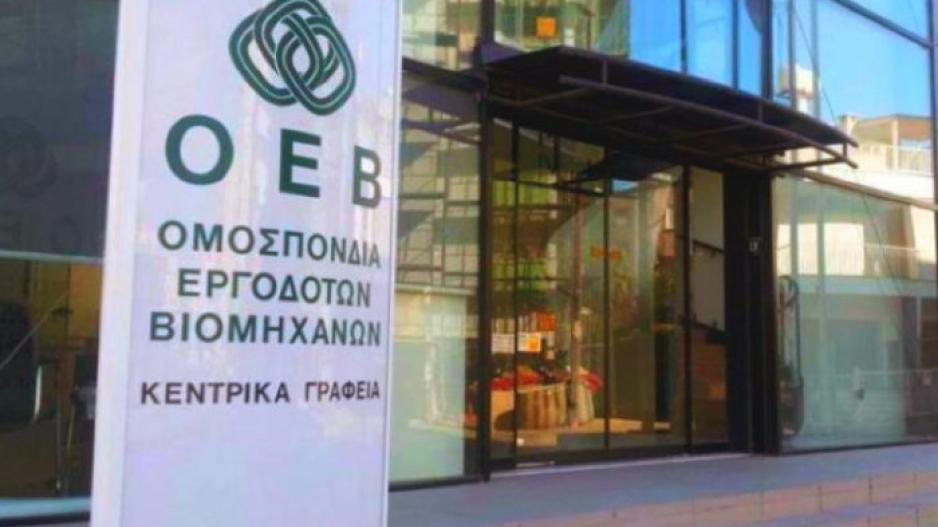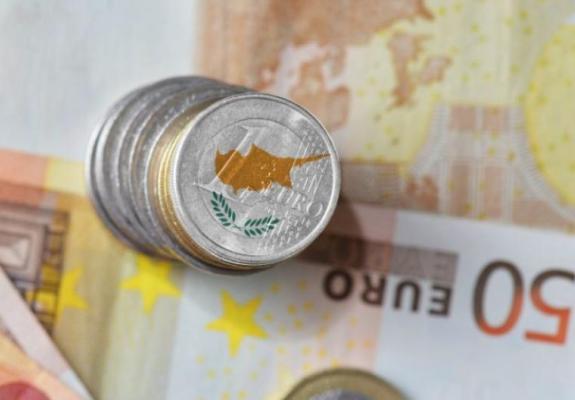OEB: These Are the 3 Top Priorities for Cyprus' Economy
OEB Highlights Key Challenges for Competitiveness Ahead of Annual General Assembly
The rationalization of energy costs, the containment of labor costs, and the securing of human resources to meet business needs are identified as major challenges for the competitiveness of the Cypriot economy, according to a statement released yesterday by the Cyprus Employers and Industrialists Federation (OEB). The announcement comes ahead of OEB’s Annual General Assembly, set to take place on Wednesday, May 7, 2025, which will be addressed by the President of the Republic, Nikos Christodoulides.
According to the announcement, OEB, closely monitoring developments, has actively supported businesses and strengthened their sustainability by submitting concrete proposals and suggestions to the competent ministries. It has adapted its objectives and strategy accordingly, with a particular focus on the peaceful renewal of collective agreements, aiming to contain labor costs and safeguard the competitiveness of the Cypriot economy.
Despite challenges, unemployment fell below 5% in 2024 (compared to 6.1% in 2023), while employment reached a record level of around 80%.

Summarizing the major labor developments of 2024, OEB notes that in January 2024, a wage increase of 2.44% was implemented on new basic salaries due to the Automatic Indexation Adjustment (ATA) system, where applicable. This was based on the agreement reached between social partners on July 28, 2017, and its renewal signed on May 12, 2023, which stipulates the adjustment of wages to 66.7% of the annual increase of the relevant index.
One year after the introduction of the National Minimum Wage (NMW), a new decree was issued providing that from January 1, 2024, the gross starting minimum wage rose to €900 (from €885) and to €1,000 (from €940) after six months of continuous employment with the same employer.
The year 2024 also proved particularly demanding for collective bargaining, as the renewal of a large number of individual and sectoral collective agreements coincided, affecting crucial sectors of the economy. Despite difficulties, with OEB’s active contribution, the renewal of expired agreements in 2023 was achieved, including those of the Hotel Industry, Dock Workers, and the Construction Industry, which had been under negotiation since 2022.
The 29-day strike in the ready-mixed concrete sector, which caused significant disruption to construction and the broader economy, also occupied OEB intensely. The Federation played a decisive role in resolving the labor dispute and ending the strike.
OEB further emphasized that, following unjustified and irregular strikes by workers in public hospitals and threats of industrial action in public transport and semi-governmental organizations, it has forcefully reiterated its call for the legislation of the Agreement on the Resolution of Labor Disputes in Essential Services, signed in 1999 between OEB, SEK, PEO, and PASYDY, which trade unions have refused to implement.
In 2024, the decree concerning the employment of foreign students from third countries was also revised, expanding the professions in which they can work. In addition, discussions began on the updated text of the Strategy for the Employment of Foreign Labor to streamline processes, address identified weaknesses, and enable businesses unable to find suitable local or EU workers to employ third-country nationals more efficiently, reducing bureaucratic delays.
The rationalization of energy costs, combined with the containment of labor costs and securing the necessary human resources, are emphasized as critical for sustaining Cyprus’ economic competitiveness.
OEB stresses that increasing the participation of the inactive population in employment, along with the urgent need for workforce training to acquire green and digital skills (reskilling and upskilling), is a priority. These efforts aim to ensure employability, strengthen business competitiveness, and lay the foundation for sustainable economic development and progress in the coming years.
Beyond these issues, OEB also engaged intensively in a wide range of labor-related matters during 2024, including legislative drafting processes, the implementation of European projects, and the promotion of female entrepreneurship and gender equality in employment. These activities are summarized in the Annual Report, which will be discussed during the Organization's General Assembly on Wednesday, May 7, 2025, in Nicosia, with an address by the President of the Republic, Nikos Christodoulides.






